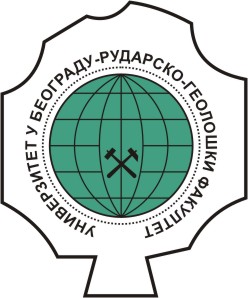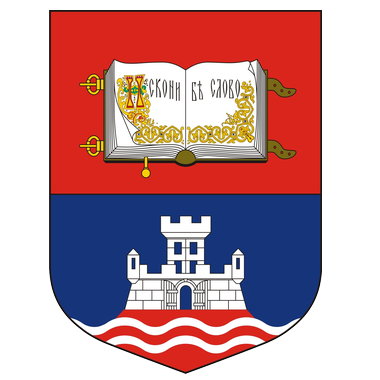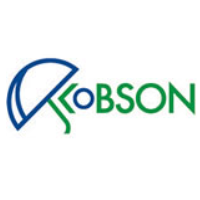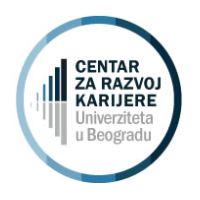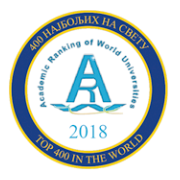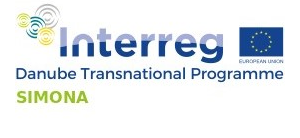Study program:
Environmental Engineering (VII semester -BsC)
Geology of oil and gas (X semester -MsC) |
|
Name of subject: Geoinformatics |
Instructors:
Prof. Ranka Stanković |
|
Status: Optional |
|
ECTS: 5 |
|
Prerequisites: Informatics 1 |
Course Objectives:
Introduction to the geostatistics and GIS basic concepts, mastering the techniques of managing georeferenced (spatial) data, geospatial modeling |
Learning Outcomes:
Students will be trained to apply geostatistics methods and master the basics of geographic information systems as well as the techniques of creating and editing georeferenced spatial data. |
Content:
Theory teaching
The initial teaching units include terminology, definitions and history of geoinformatics. Then, spatial data application and modelling, spatial databases overview and geospatial queries, as well as cartographic representation of data are studied. The basics of geostatistical approach and variograms follow, with their descriptive properties and other characteristics, variance and covariance analysis.
The course will also include the basics of calculations with geospatial data, basic geometric algorithms (triangulation and network representation), an overview of interpolation methods used in spatial data processing including krigging, with a review of the factors influencing the weight values of krigging. Introduction to Internet GIS applications and OGS (http://www.opengeospatial.org/ogc) Web Services Standards will also be tackled. Finally, the course will cover the possibilities of integrating and exchanging data with other software packages, different types of conversions, data collection, GPS. Practical teaching
Students will be introduced to software tools for solving geostatistical problems and examples related to the basics of the geostatistical approach. As part of practical instruction, students will be able to use GIS tools and their components for geostatistics: Geostatistical Analyst and Spatial Analyst at ArcGIS and geoR, and gstat packages for R. They will tackle practical problems and solve tasks related to variograms. Descriptive properties of variograms, range of influence, continuity and other properties of variograms will be analysed, and practical problems and tasks related to spatial modelling solved. Mastering of the course will be demonstrated by students’ seminary papers on concrete problems. |
Suggested Reading List:
- Bivand, Roger S., Pebesma, Edzer J., Gómez-Rubio, Virgilio, Applied Spatial Data Analysis with R
- Tomislav Hengl: A Practical Guide to Geostatistical Mapping, 2009
- Graeme F. Bonham-Carter, Geographic information systems for geoscientists: Modelling with GIS, Pergamon 1994
- Geo-spatial training services, http://www.geospatialtraining.com
- Richard Webster, Margaret A. Oliver, Geostatistics for Environmental Scientists, 2009
|
Conduct of the Course:
Lectures and exercises in the computer laboratory, electronically supported by Moodle system, https://moodle.rgf.bg.ac.rs |
Fund hours:
| Lectures |
Exercises |
Other forms of teaching |
Study research |
| 2 |
2 |
0 |
0 |
|
Assessment:
| Final Exam |
ECTS |
| Oral Exam | 30 |
| Classwork Assessment |
ECTS |
| Class Participationа | 10 | | Practical Classes | 10 | | Written tests | 30 | | Seminars | 20 |
|
|
Additional Assessment Criteria: - |
|
|
